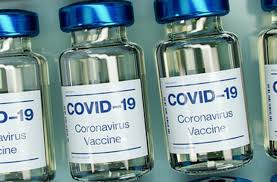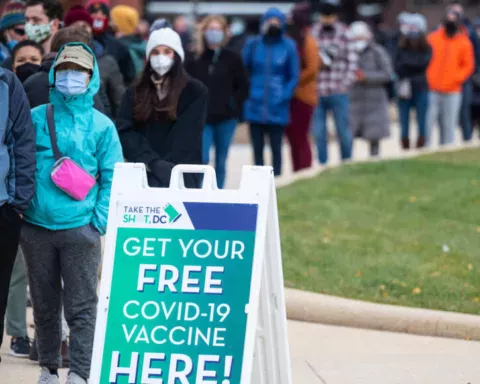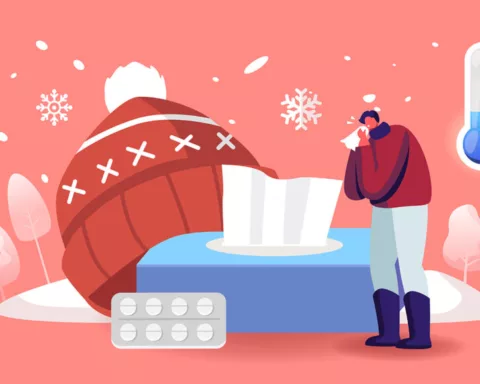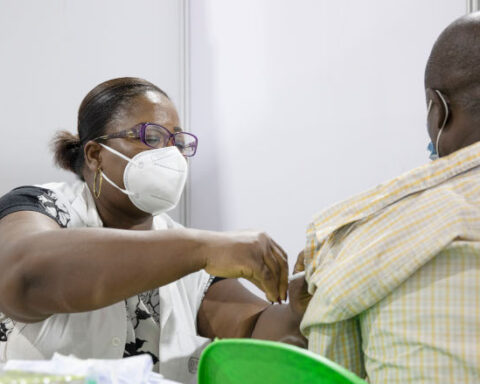CDC will update this page with more information about what we know—and what we don’t know—as it becomes available. Learn more facts about COVID-19 vaccines.
Currently, two vaccines are authorized and recommended to prevent COVID-19:
- Pfizer-BioNTech COVID-19 vaccine
- Moderna COVID-19 vaccine
Help stop the pandemic by getting vaccinated
What we know
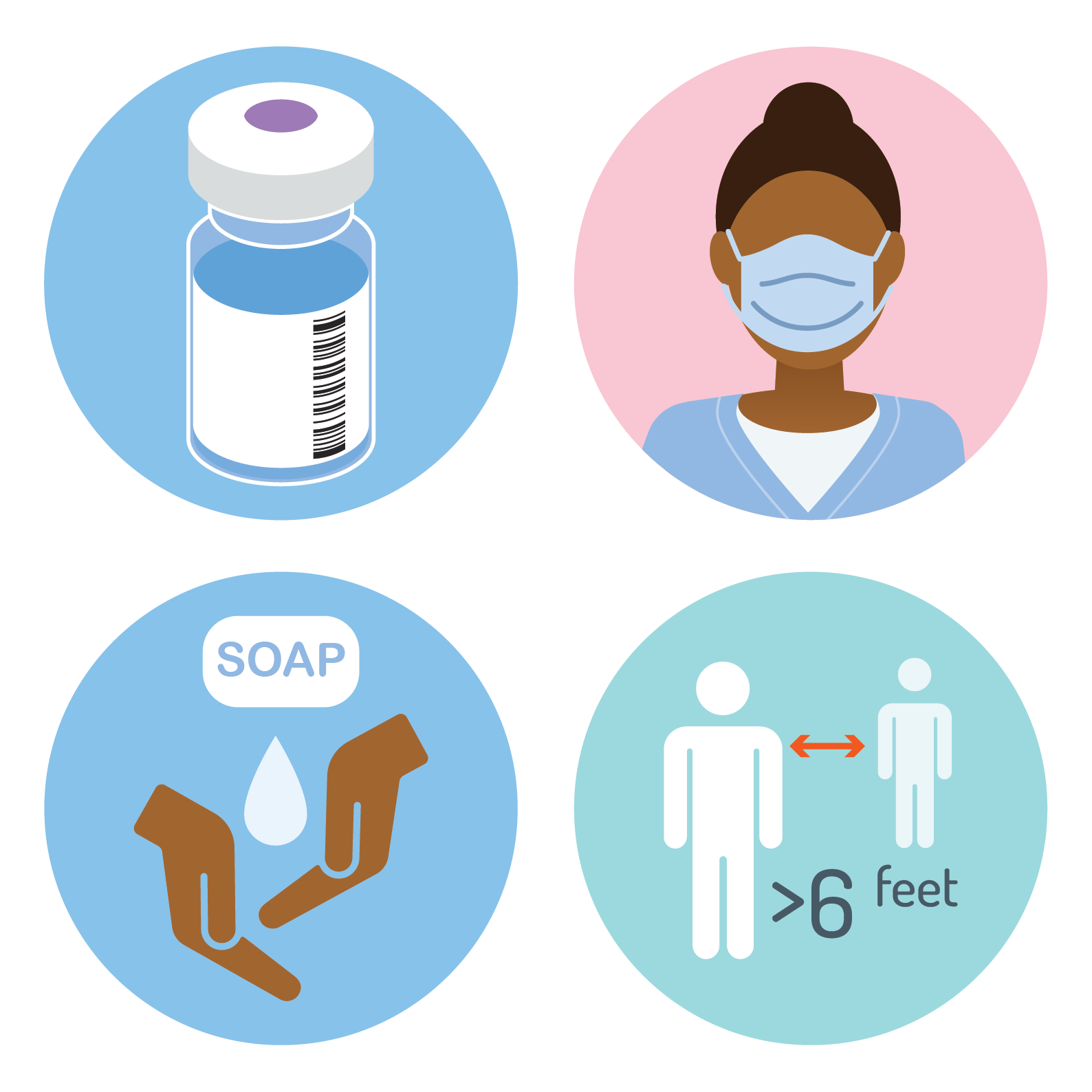
Studies show that COVID-19 vaccines are effective at keeping you from getting COVID-19. Experts also think that getting a COVID-19 vaccine may help keep you from getting seriously ill even if you do get COVID-19.
COVID-19 vaccination is an important tool to help us get back to normal. Learn more about the benefits of getting vaccinated.
COVID-19 vaccines teach our immune systems how to recognize and fight the virus that causes COVID-19. It typically takes a few weeks after vaccination for the body to build protection (immunity) against the virus that causes COVID-19. That means it is possible a person could still get COVID-19 just after vaccination. This is because the vaccine has not had enough time to provide protection.
There are steps you can take to protect yourself until you can get vaccinated. Even after you get vaccinated it’s important to continue using all the tools available to help stop this pandemic as we learn more about how COVID-19 vaccines work in real-world conditions. Even after vaccination, take steps to protect yourself and others from COVID-19.
What we do not know
Although COVID-19 vaccines are effective at keeping you from getting sick, scientists are still learning how well vaccines prevent you from spreading the virus that causes COVID-19 to others, even if you do not get sick.
If you are vaccinated against COVID-19, you may still be exposed to the virus that causes COVID-19. After exposure, people can be infected with or “carry” the virus that causes COVID-19 but not feel sick or have any symptoms. Experts call this “asymptomatic infection.”
For this reason, even after vaccination, we need to continue using all the tools available to help stop this pandemic as we learn more about how COVID-19 vaccines work in real-world conditions.
COVID-19 vaccines are safe
Millions of people in the United States have received COVID-19 vaccines, and these vaccines have undergone the most intensive safety monitoring in U.S. history. This monitoring includes using both established and new safety monitoring systems to make sure that COVID-19 vaccines are safe. These vaccines cannot give you COVID-19. Learn more facts about COVID-19 vaccines.
CDC has developed a new tool, v-safe, to help us quickly find any safety issues with COVID-19 vaccines. V-safe is a smartphone-based, after-vaccination health checker for people who receive COVID-19 vaccines. Learn how the federal government is working to ensure the safety of COVID-19 vaccines.
You may have side effects after vaccination, but these are normal
After COVID-19 vaccination, you may have some side effects. These are normal signs that your body is building protection. The side effects from COVID-19 vaccination, such as chills or tiredness, may affect your ability to do daily activities, and they should go away in a few days. Learn more about what to expect after getting vaccinated.
In the coming months, vaccines will become widely available
Although the vaccine supply is currently limited, the federal government is working toward making vaccines widely available for everyone at no cost. Learn more about how COVID-19 vaccines get to you and who should get vaccinated first when supplies are limited.
The federal government is providing the vaccine free of charge to people living in the United States. However, your vaccination provider may bill your insurance company, Medicaid, or Medicare for an administration fee. Vaccination providers can be reimbursed for this by the patient’s public or private insurance company or, for uninsured patients, by the Health Resources and Services Administration’s Provider Relief Fund. No one can be denied a vaccine if they are unable to pay the vaccine administration fee.
In the coming months, doctors’ offices, retail pharmacies, hospitals, and clinics will offer COVID-19 vaccine. Your doctor’s office or local pharmacy may have contacted you with information about their vaccination plans. Use this tool to find more information on how to get vaccinated in your area:
COVID-19 vaccines and herd immunity
What we know
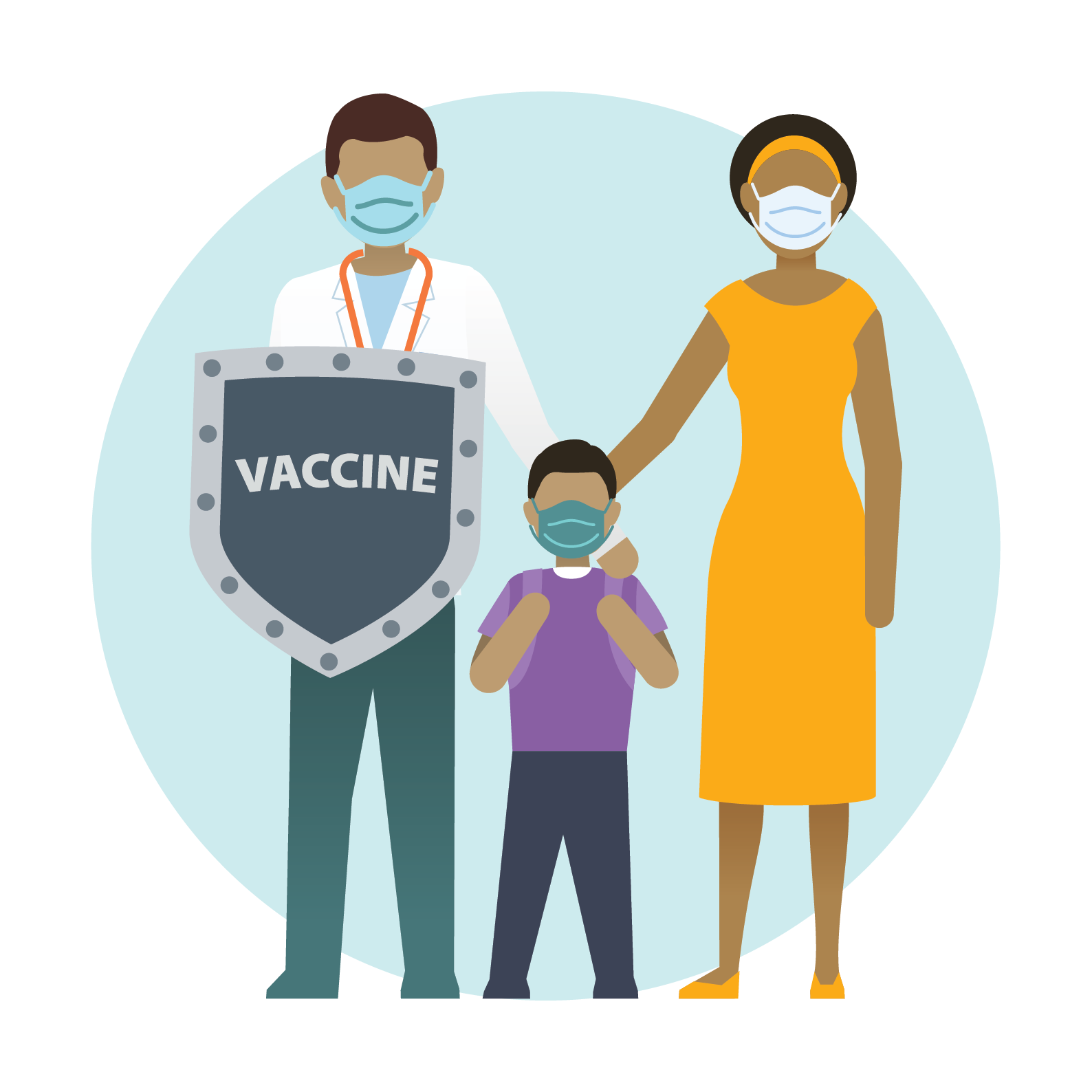
Herd immunity means that enough people in a community are protected from getting a disease because they’ve already had the disease or because they’ve been vaccinated. Herd immunity makes it hard for the disease to spread from person to person, and it even protects those who cannot be vaccinated, like newborns or people who are allergic to the vaccine. The percentage of people who need to have protection to achieve herd immunity varies by disease.
What we do not know
Experts do not yet know what percentage of people would need to get vaccinated to achieve herd immunity to COVID-19. CDC and other experts are studying herd immunity and will provide more information as it is available.
COVID-19 vaccines and new variants of the virus
CDC is continuing to investigate the effectiveness of COVID-19 vaccines. Scientists also are working to learn about new variants of the virus. More studies are needed to understand how new variants may affect the effectiveness of existing COVID-19 vaccines.
Our knowledge of the characteristics of new variants is rapidly growing. CDC will share updates as soon as they are available.

